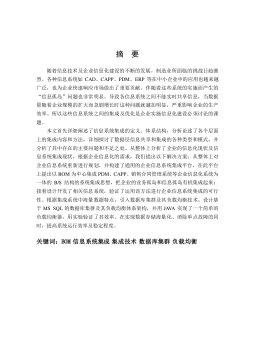创业投资税收优惠政策研究
摘要过去几十年,我国经济获得了高速增长,但这种高速增长是以资源的高消耗和环境的高污染为代价的。相对于其他的国家来说,我国的人均资源并不丰富,再以这种粗放式的经济增长方式来发展经济是不可能的。为了转变经济增长方式,使我国的经济得以持续健康地发展,就要努力提高科学技术在经济发展中的作用,以科技来引领经济的增长。高科技产业由于风险性较大,使得其很难通过传统的融资方式获得资金;而创业投资主要是以高科技产业为投资对象,这就为高科技产业解决了融资瓶颈问题。我国的创业投资还处于起步阶段,并不发达,创业投资所投资的高科技产业还具有一定的溢出效应,这就需要政府的适当干预和扶持。各国在发展创业投资的阶段中,都对其...
相关推荐
-
公务员思想政治教育研究VIP免费
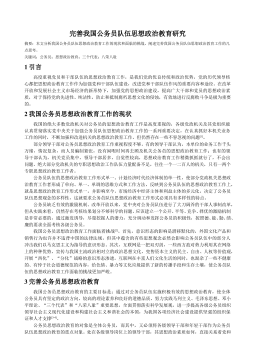
 2024-10-15 30
2024-10-15 30 -
在线社会网络中用户行为的实证分析与机制建模研究VIP免费
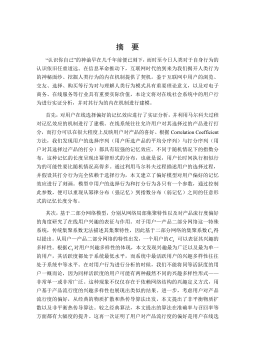
 2025-01-09 6
2025-01-09 6 -
智能优化方法对神经网络的改进及应用研究VIP免费
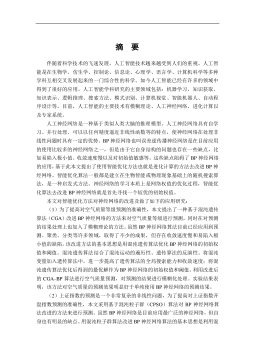
 2025-01-09 6
2025-01-09 6 -
鲜切哈密瓜保鲜技术研究VIP免费
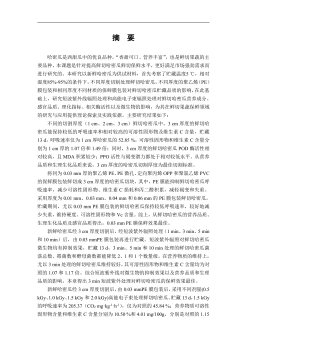
 2025-01-09 8
2025-01-09 8 -
小城镇道路网级配方法及应用研究VIP免费
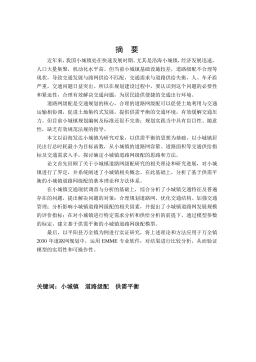
 2025-01-09 6
2025-01-09 6 -
医学信息集成测试系统的研究与实现VIP免费
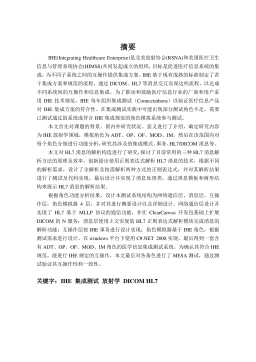
 2025-01-09 7
2025-01-09 7 -
余热驱动氨水吸收式制冷系统的理论及实验研究VIP免费
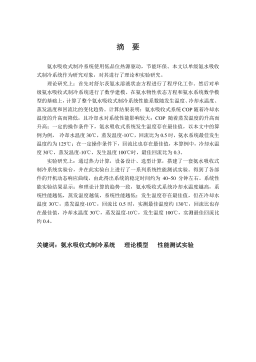
 2025-01-09 7
2025-01-09 7 -
喷雾降温技术适用性及热环境研究VIP免费
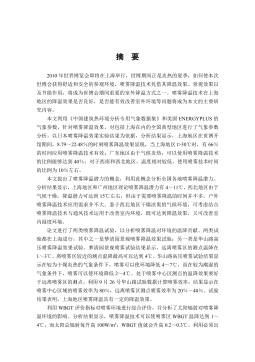
 2025-01-09 9
2025-01-09 9 -
收缩—扩张喷嘴的气泡雾化数值模拟VIP免费
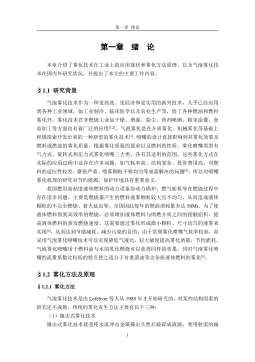
 2025-01-09 8
2025-01-09 8 -
支持供应链的工作流系统结构及其计划与调度的研究与应用VIP免费
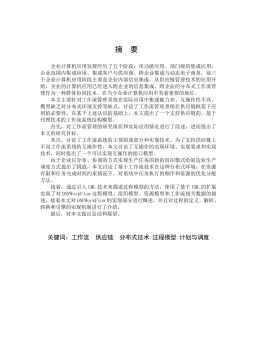
 2025-01-09 11
2025-01-09 11
相关内容
-

医学信息集成测试系统的研究与实现
分类:高等教育资料
时间:2025-01-09
标签:无
格式:PDF
价格:15 积分
-

余热驱动氨水吸收式制冷系统的理论及实验研究
分类:高等教育资料
时间:2025-01-09
标签:无
格式:PDF
价格:15 积分
-

喷雾降温技术适用性及热环境研究
分类:高等教育资料
时间:2025-01-09
标签:无
格式:PDF
价格:15 积分
-

收缩—扩张喷嘴的气泡雾化数值模拟
分类:高等教育资料
时间:2025-01-09
标签:无
格式:PDF
价格:15 积分
-

支持供应链的工作流系统结构及其计划与调度的研究与应用
分类:高等教育资料
时间:2025-01-09
标签:无
格式:PDF
价格:15 积分


